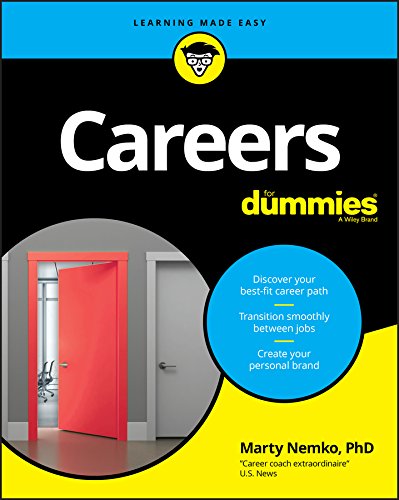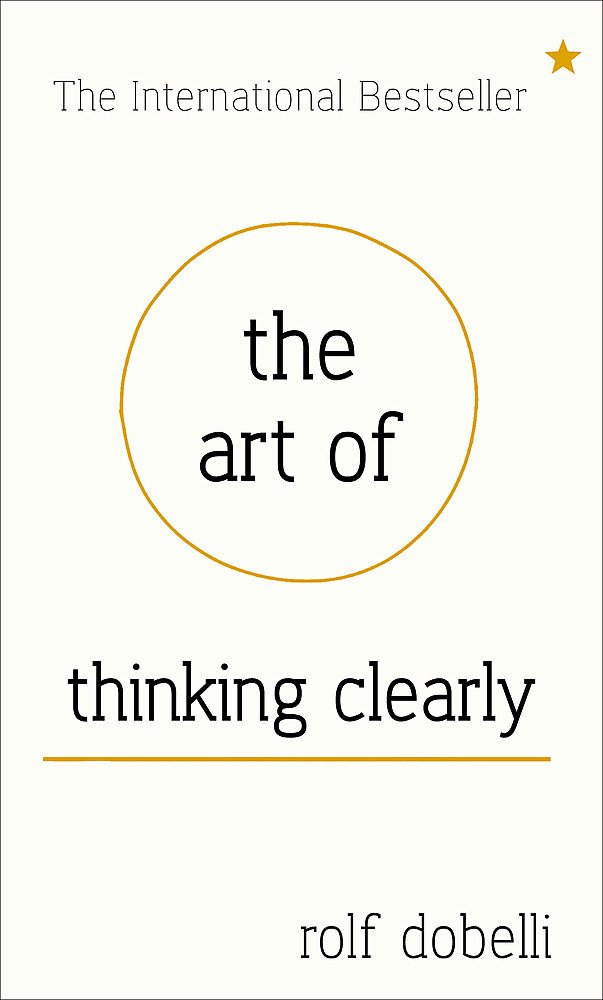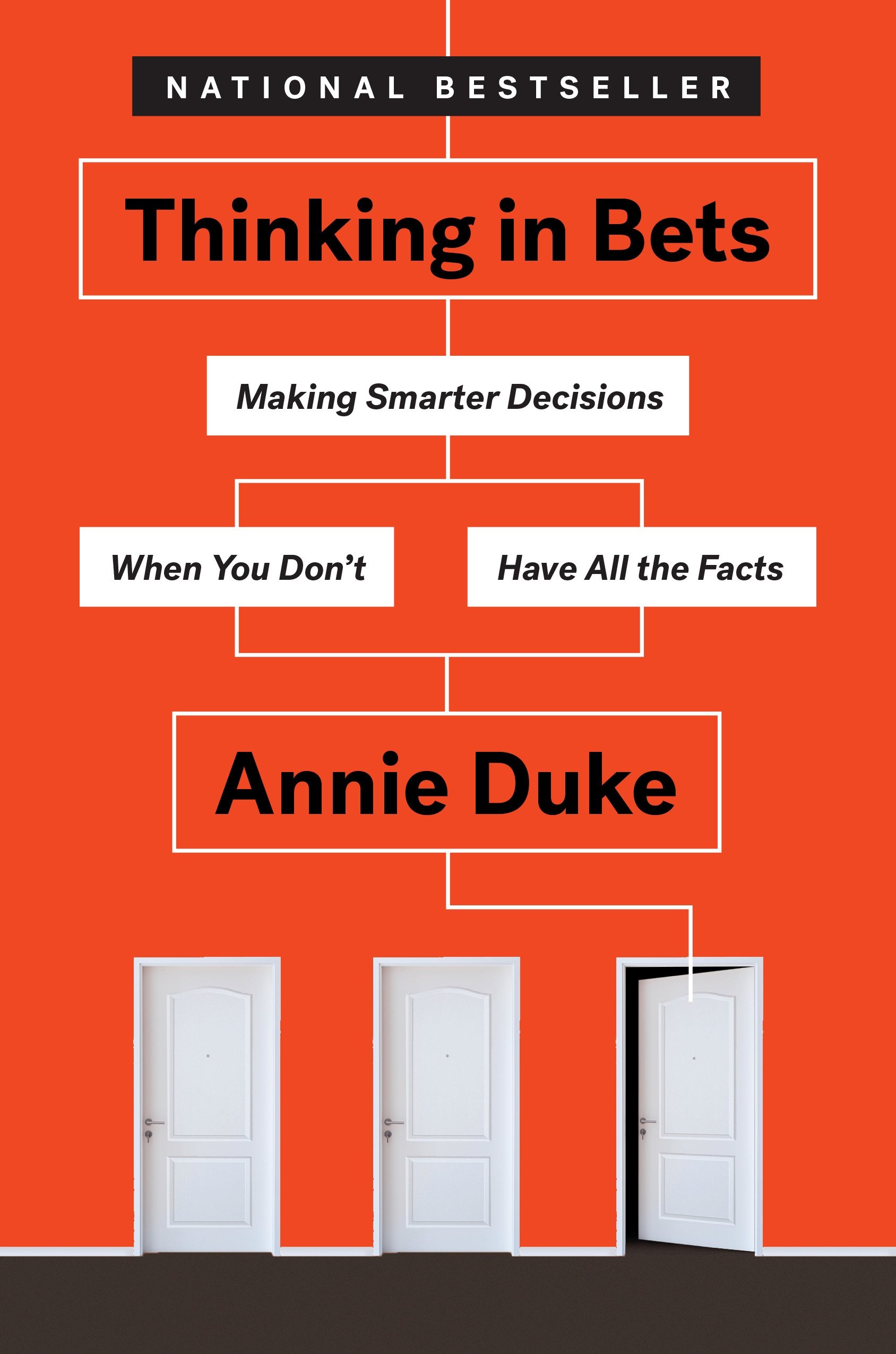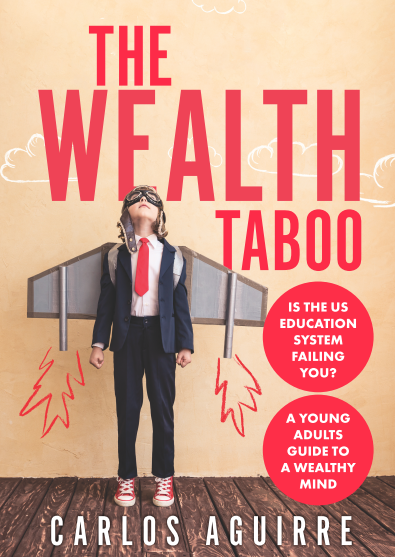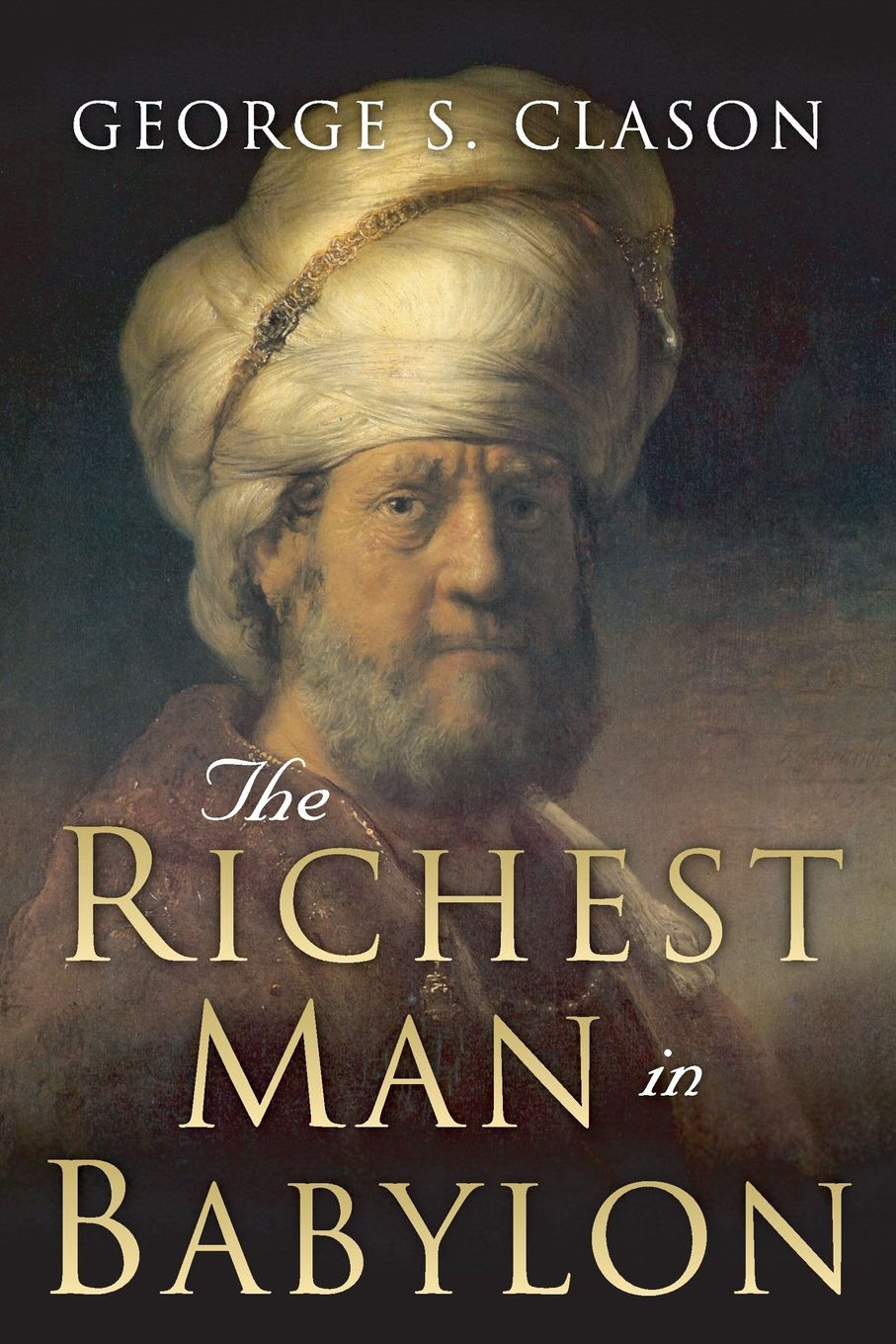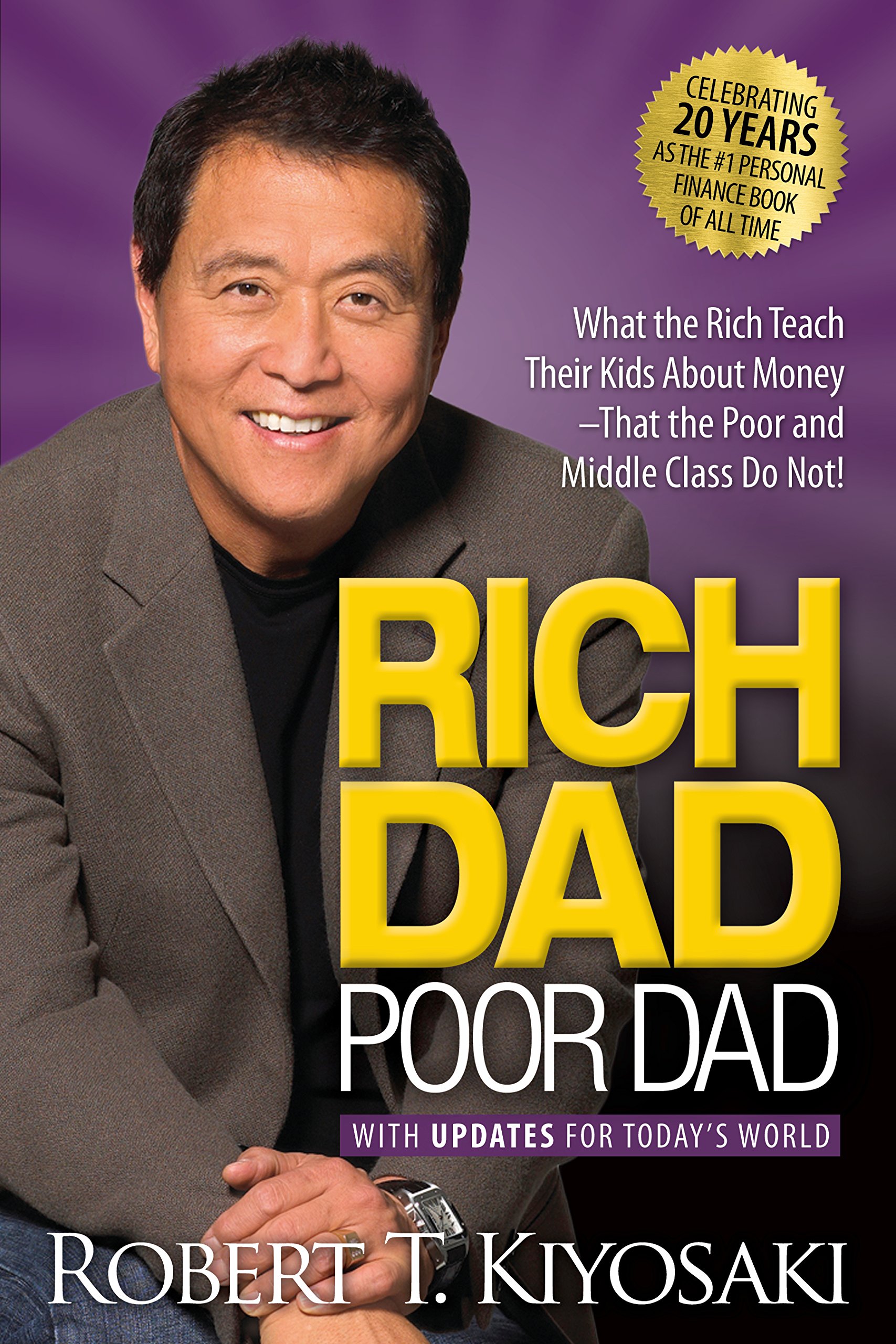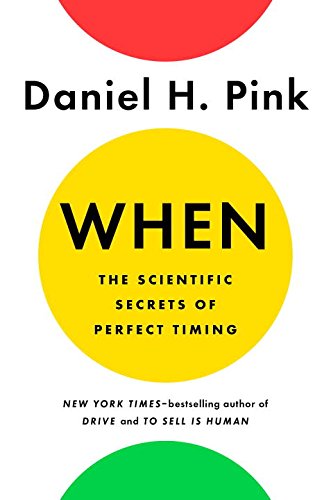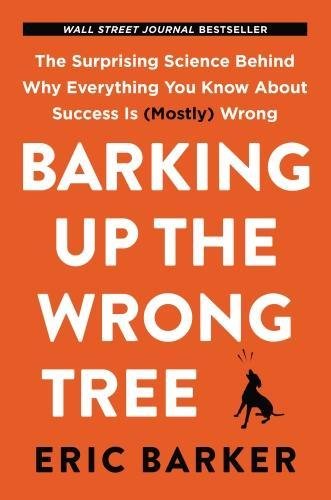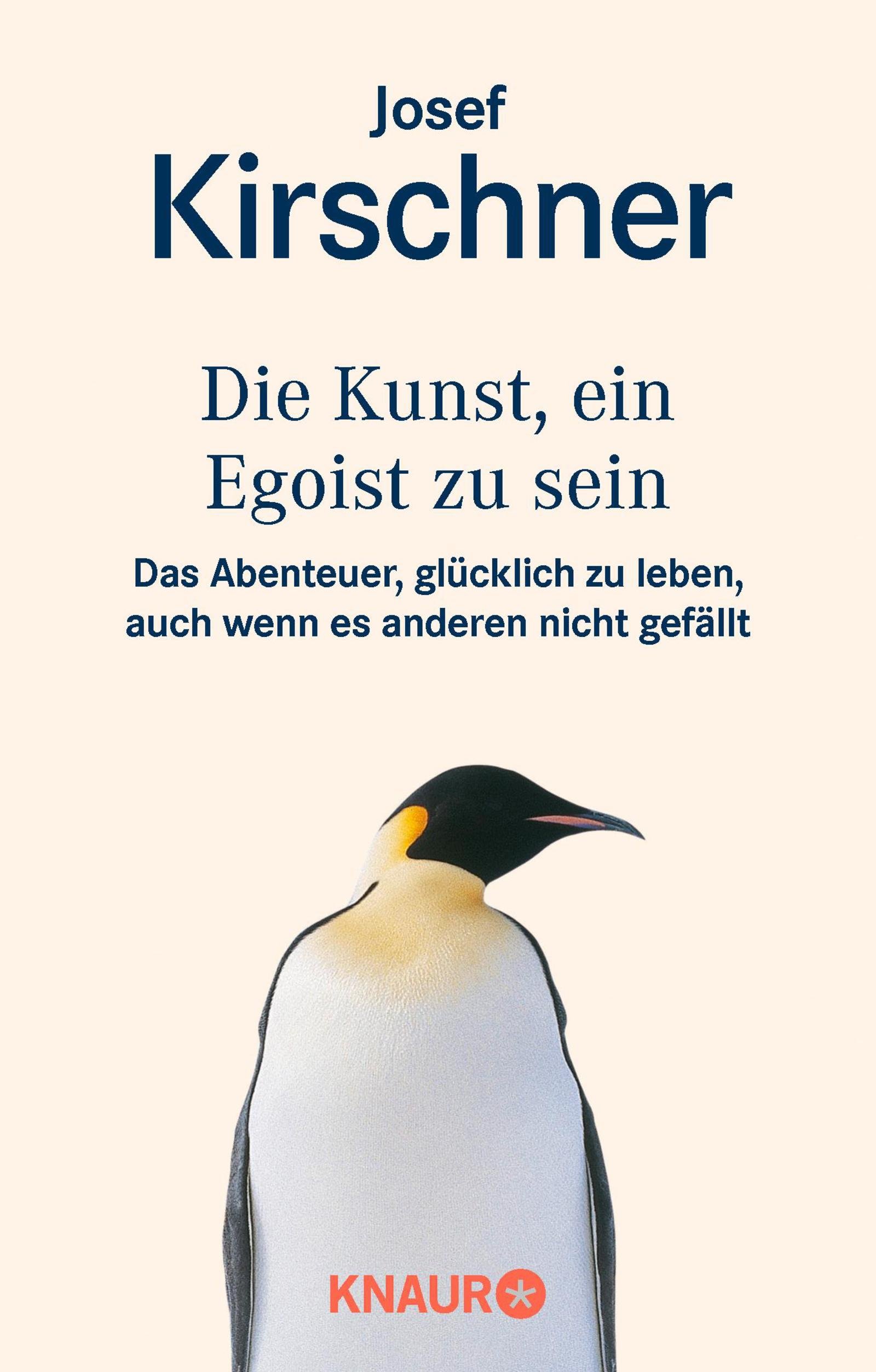Review – Careers for Dummies Careers for Dummies is a good book. But maybe I should elaborate on this. There is no shortage in how-to-find-a-job books. Some aim to give well-rounded general career advice, other focus on details like the perfect CV or the perfect job interview. In Germany, the benchmark is set by proliferous author duo Hesse/Schrader who alone have over 90 books for job seekers with their name on it, usually with regularly published revised versions. But Careers for Dummies is different. Author Marty Nemko asserts that the easiest way into a new job is being the kind of person that employers want to hire. Careers for Dummies gives detailed instructions how to get yourself together, how to enter a field without the necessary qualifications, and how to apply for positions that are not even advertised, by becoming extremely employable. There are two things I particularly like about the book. It tries to also answer the question most get-a-job books miss, that is “what jobs are there?”. Careers for Dummies has a catalogue of often overlooked jobs, that obviously isn’t complete, but is very helpful to circle certain fields or types of careers you might enjoy. It also…
Review – The Art of Thinking Clearly: The title of The Art of Thinking Clearly may provoke some wrong assumptions about the book’s content. It is NOT a self-help about mental training or concentration techniques. Author Rolf Dobelli collected a lot of logical fallacies – expectations or assumptions people intuitively make that are illogical or unhelpful – with a brief description and some typical examples for each. Originally, these were published as a weekly newspaper column. I read the German version describing 52 of those fallacies with one short chapter dedicated to each one. There is a second part with 52 more chapters which I have not read yet. The English version of The Art of Thinking Clearly condenses the content of both volumes into 99 chapters. With that out of the way, here is the review. People are bad a thinking. This is not our fault, it’s evolutionary. Bears ate all those cavemen that took too long to reflect on a situation and consider possible actions. We are descendants of people that ran when everybody else ran, agreed to the group consensus, were quick to form an opinion and had a slight tendency to panic. Today, in a world…
Review: Bad personal decisions are the leading cause of death, according to a study by Fuqua School researcher Ralph Keeney. So why should you learn making better decisions from a professional poker player, of all persons? In Thinking in Bets, author Annie Duke states that life is a lot more like poker than chess. In chess, both players have complete information. Every piece is visible to both players, and every possible next move is apparent. In poker, players know some of the cards that are in play, but have no information on which cards the opponents hold, or which card will be drawn next. Life is a lot like that, in that you can know yourself but can never be certain about which event will happen next. Making decisions in a poker game is tough, because you only have a part of the available information, and decisions in life are tough for the exact same reason. This paves the way for all sorts of fallacies: Fallacies to fall for The easiest trap to fall into is to be too sure about something. Many people know that too much sugar makes children hyperactive, that Albert Einstein failed at maths as…
Review: Just over a hundred pages is a plenty for a scientific thesis or any other format that presents one particular tiny detail with maximum depth. What can we find between the just over a hundred pages of The Wealth Taboo? The history and mechanism of the global banking system, how to read a balance sheet, personal finance and common financial instruments, the proper mindset, ways to generate income (with examples from a photography business), how to get a loan, the basics of networking, entrepreneurship, portfolio theory, the mechanics of inflation and how to find your purpose. The framing story of The Wealth Taboo is about Aguirre meeting his friends (he calls them his ”little friends”) for a picnic, and generously teaching them the most basic personal finance in a way that is both jovial and patronizing. The friends (they seem to be young adults based on what they do) ask questions so imbecilic that for a long time I thought they were young children. Or dogs. Nothing in The Wealth Taboo is wrong. But none of the many topics raised by the book is explained in satisfying depth. Readers with very little financial knowledge will take away some phrases…
Review: The Babylonians invented money. Unfortunately, not enough of it. The Richest Man in Babylon tells the secret how to acquire wealth, no matter what your current situation is. Does that sound too good to be true? Author George Clason chose to reveal the secret to through a series of unrelated fictional stories of rich and successful Babylonians. In the first story, we learn about the “seven cures for a lean purse”. The second story states the “five laws of gold”, which are basically the same thing. The other stories in The Richest Man in Babylon just hammer home the same points several times more. In a nutshell: keep ten percent of your income, reduce your expenses, invest profitably and get the advice of people that are experts in whatever investments you consider. Easy enough, almost trivial, but indeed the foundation of a future fortune. It is astonishing that not more people live that way. One question The Richest Man in Babylon leaves unanswered is how to spot and identify the good investments. Giving money to a brickmaker to purchase jewels is presented as an example of a stupid investment, because a brickmaker does not know enough about jewels. Then…
Review: Simon de Cintra wants to help you unlock your business voice. What does that mean? Something about communicating better and getting heard. Like, when you are a subject matter expert you could learn to appear more leadershippy to add some gravitas to your speech. Something like that. How do you unlock your business voice, whatever that means? By applying the My Business Voice Methodology®. How do you apply the My Business Voice Methodology®? By using VOICE. The acronym stands for Vocation, Observation, Intention, Casting, Experiment. Let me quote from Unlock your Business Voice for you to clear things up: “The first part of the My Business Voice Methodology®, Vocation, is all about choosing your mindset and therefore your role in any piece of communication that you deliver. This will, and indeed should, vary depending on the situation, but absolutely not according to the personalities involved.” Got that? Did you understand, what the vocation part is all about? Well, I did not, so let’s have a look at the full programme to see if we can deduce the meaning of unlocking your business voice: “VOCATION – my new role requires me to contribute to strategic and therefore potentially ambiguous conversations,…
Review: The book that sparked a movement – a cult, really – and is still cited as the number one resource for learning how to amass wealth. Kiyosaki describes the lessons he learned from young age by his two father figures. His father – the poor Dad – was a teacher, highly educated and holding a well-paid job with the government, who struggled to pay his bills. His friend Mike’s father – the rich Dad – dropped out of school and owned several companies. So, how do you get rich? Buy assets first, then pay your bills. The rest of the book merely elaborates on this simple principle. But if it is that simple, why aren’t more people rich? Because it is not obvious, what is an asset, and what is a liability (so invest in your financial education). It is hard to spot great investments (so invest in your network). And it’s hard to not pay anybody else first (so form a company to buy assets with pre-tax money). Each chapter of Rich Dad, Poor Dad consists of four parts. First, Kiyosaki recites tales from his youth, and what his titular Dads taught him. This is followed by a…
Review: There’s no shortage of how-to books. There are books on how to get rich, how to be successful, how to become famous, how to be happy, how to win friends and influence people. Pink wrote a when-to book instead. When is a thoroughly researched book on chronobiology, the special effects of beginnings, midpoints and endings, and the stages of timing and synchronisation. Some people are larks, rise early and are obnoxiously high-spirited throughout the morning, but stumble through the afternoon. Some people are owls who go to bed in the early morning hours to sleep until noon. Should the workplace demand early attendance (it does), you recognize owls by their huge cups of coffee and their inability to talk without grumbling. Pink defines a third category for people who wake up moderately early, into which the majority of people falls. Your chronotype (which kind of bird you are) has huge effects on your mood and alertness throughout the day. Depending on what bird you are, and on the nature of the task, you will be more efficient at some things in the morning, while excel at other stuff in the afternoon. Most people, however, experience a significant trough in…
Review: Many books on success out there summarize as “Look at these successful people! Study their habits and learn their ways, so you will be successful, too!”. Actually, I have reviewed a prime example here. Barking up the Wrong Tree presents a nice counterpoint and states that imitating the successful does not necessarily make successful. Instead we get a thorough analysis of perceived and real success factors, somewhat hidden beneath anecdotal evidence and academic namedropping. Did you know that good and bad traits come with the same package? The exact same factors that make people highly creative also deteriorate their moral compass and mental health. In fact, creativity is strongly associated with dishonesty and mental instability. The same factors that allow you to adapt and excel at school stop you from standing out at work. People with top grades from prestigious universities typically don’t change the world. At the top ranks of disruptive businesses you find people with kinked CVs, and a history of mediocre test results. Most schools reward conformity over genius, allowing people with top grades to easily rise to middle management, but rarely above. Barker speaks of “filtered” and “unfiltered” leaders, that either comfortably adapt into a…
Review I try to review only books that were published in english, but I got this one for cheap and did not notice its language constraints until after I read it. So I thought, whatever. If the book had an english title it would be something along “The Art of Being an Egotist”. Enjoy. The phrase “egotist” is usually understood as an insult. Kirschner tries to put a positive spin on the word, defining it as a person who understands their own needs and capabilities and tries to gain maximum pleasure within this frame. This is an interesting parallel to the latest philosophical fad, modern stoicism. The difference is, that Kirschner does not prescribe a static ideal lifestyle to reach, but instead encourages the reader to evaluate and choose their goals. According to the author, everybody is an egotist anyway, but most people suppress their nature to please others. To the author, an egotist is taking responsibility for their actions and behaviors. Kirschner wants us to evaluate what we do for ourselves versus what we do for others. Do we pursue the career we want, or the career others want us to have? Do we buy luxury goods because we…
